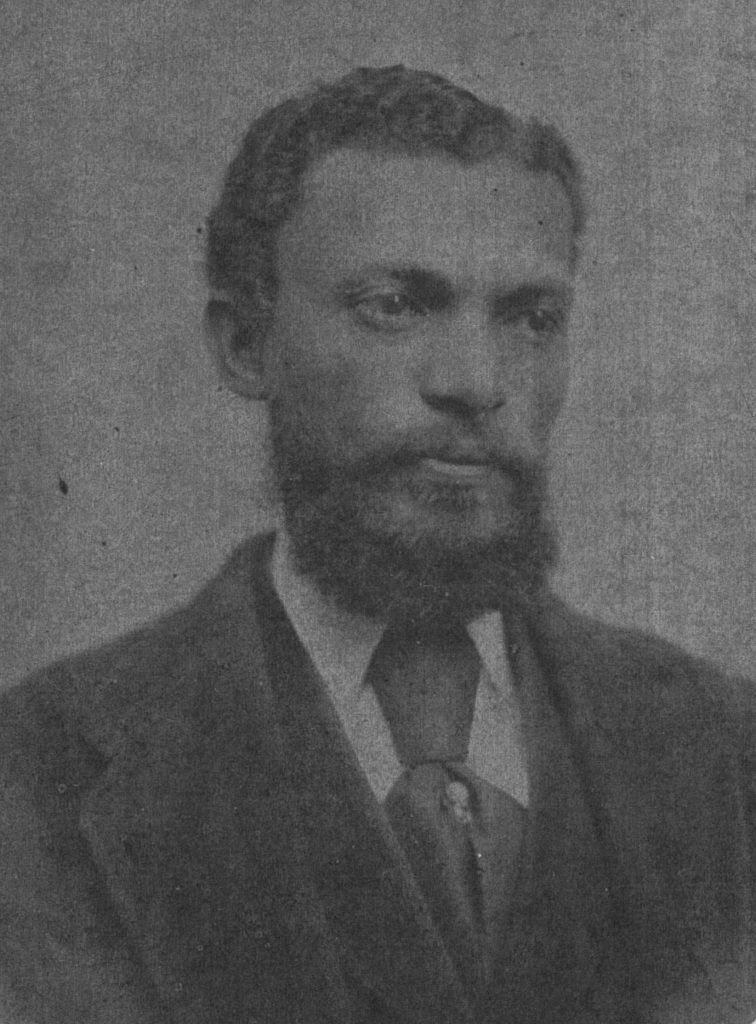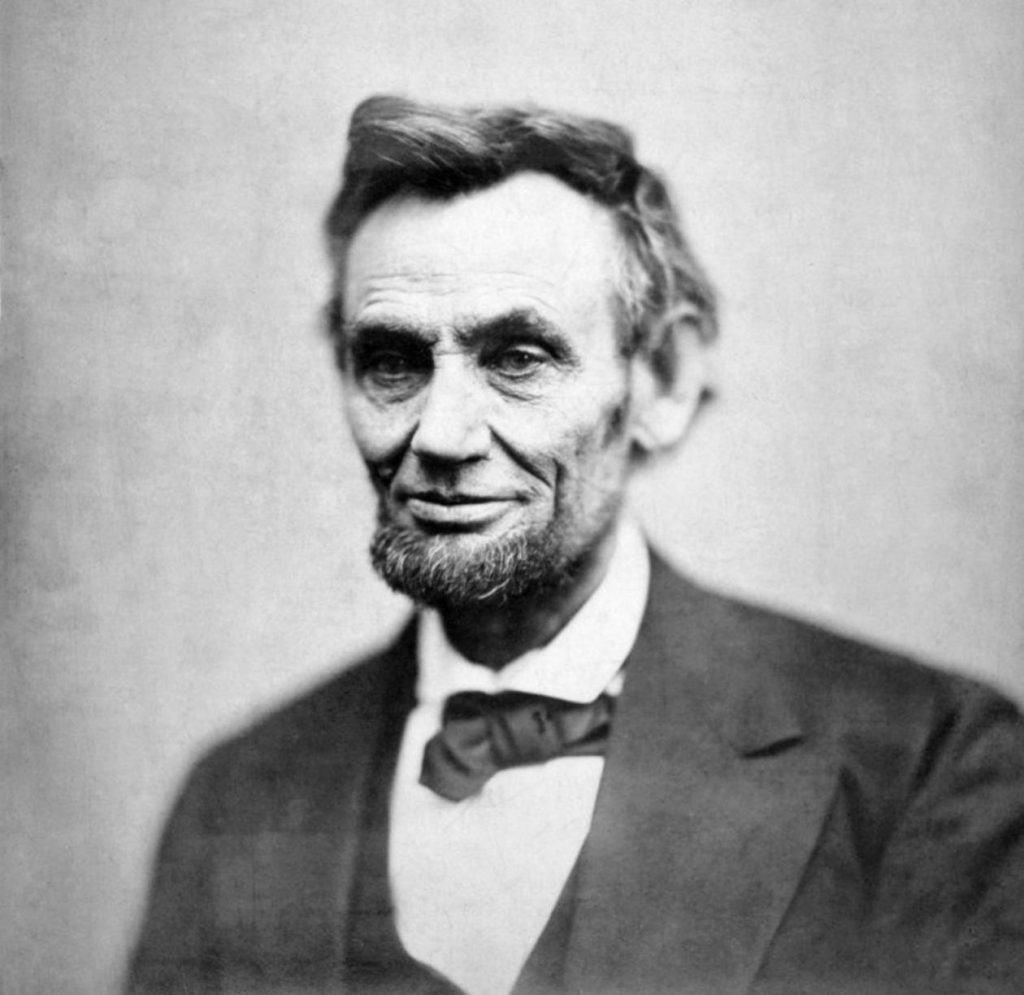
It’s not often one gets the opportunity to look back almost 200 years into family history and discover a first-hand account of what happened to ancestors from many generations past. But that was exactly my experience when I recently learned about my great-grandfather, Solomon James Johnson, an extraordinary man who, at one time, was Abraham Lincoln’s barber.

But Solomon was much more than that. Born June 4, 1844 to free negro parents in Columbus Ohio, he served as one of the president’s personal guards during the Civil War. A skilled barber, he also cut the president’s hair. Lincoln later helped him gain employment as a clerk in the Treasury Department and thus Solomon James became the first black office worker in the history of the U.S. Government. Though he lived only 41 years, he and his wife, Elizabeth, raised five children. One of them was my grandfather, Solomon Johnson, who lived from 1877 to 1949 and is fondly remembered by several family members who knew him in our childhood.
I recently had the incredibly good fortune of viewing a treasure-trove of letters, papers, photographs and personal information about my great-grandfather in The Solomon James Johnson Collection 194-1, a permanent Digital Exhibit at the Moorland-Spingarn Research Center of Howard University. My eldest daughter, Yolande, told me about the exhibit a few months ago. As soon as I was able, I visited Howard and spent a day at the library reading and discussing the collection with curators. Of course, I couldn’t leave without making a copy of the entire collection.
In addition to Solomon’s fascinating story, the collection contains some great highlights. Like Lincoln’s personally signed reference letter, and an outstanding document Solomon composed to introduce himself for a new government position. It was a perfect business letter, even by today’s standards. Many of us forget that as far back as the first days of the republic there were well-read African Americans like Solomon whose communication skills far exceeded the rudimentary levels at which slave masters endeavored to keep slaves. As early as 1827, this educated cohort was publishing Freedom’s Journal, America’s first African American newspaper. In addition to reminding its readers that “all men are equal by nature,” it also told of how Africans were “the inventors of the different Arts and Sciences while the rest of the now civilized world, was sunk in darkness and ignorance.”
My interest spurred by the Howard collection, I found Solomon James also mentioned in: Lincoln and the Negro, by Benjamin Quarles, and They Knew Lincoln, by John Washington, two additional Lincoln/black history information sources.
I have recently begun writing a new book that will be based on Solomon’s amazing life, a story of accomplishment against great odds that inspired his iconic name to be passed down through many succeeding generations of the family. Now that I know the details of his life, I’m researching the conditions under which he was born and raised in Columbus, Ohio and later faced in Washington, DC after the war. Although Ohio was always a free state, it was not welcoming to blacks, whether they were freed slaves, fugitive slaves, or negroes that had been born free, as was Solomon. Among the many perils they faced was the “Reverse Underground Railroad” in which blacks in the north were captured, kidnapped and sold into slavery.
This will be my third book. The first: A Place near the Front, published in 2016, is a novel based on another exciting life, that of my father, Herb, who was born in Trinidad in 1897, came to America as a teen-aged merchant seaman in the early 1900’s and gained his citizenship fighting with the U.S. Army on the battlefields of World War One France. It is available from all on-line booksellers. My second book: The bones of Louverture, is a story of international adventure and intrigue based on events surrounding the 1987 fall of Haitian President-for-Life, Jean-Claude Baby-Doc Duvalier. One of my granddaughters, part-Haitian Belle-Janvier, inspired me to write the story. I finished the book a few months ago and am currently seeking a publisher. If you would like to preview it, you can download the first chapter from my website: www.williamgherbert.com.
I am excited about this Solomon James project and hope to finish the book in 2020. At the moment, I have not yet chosen a title, and I’m not sure whether the book will be a biography, a memoir, or my thus-far favorite format, a novel.
Stay tuned.